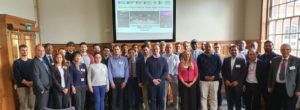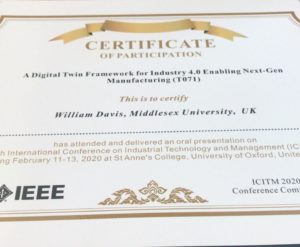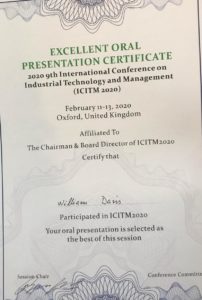by Prof. Huan Nguyen, Director, and Dr. Ramona Trestian, LDTRC
- with thanks to our external collaborators, Dr. Duc To, Viavi Solutions and Dr. Mallik Tatipamula, CTO, Ericsson Silicon Valley


Although many countries have started the initial phase of rolling out 5G, it is still in its infancy with researchers from both academia and industry facing the challenges of developing to its full potential. With the support of Artificial Intelligence (AI), development of digital transformation through the notion of a ‘Digital Twin’ has been taking off in many industries such as smart manufacturing, oil & gas, constructions, bio-engineering, and automotive. However, Digital Twins remain relatively new for 5G networks, despite the obvious potential in helping develop and deploy the complex 5G environment. At London Digital Twin Research Centre, we investigate these topics and discover how Digital Twin could be a powerful tool to fulfil the potentials of 5G networks and beyond. Some market challenges with open questions exist: (1) how to speed up the deployment of new (but complex) 5G technologies? (2) how to provide flexible testbed facilities with high availability? and (3) who is willing to invest in the expensive 5G deployment with uncertain returns.
Our findings and discussions are to appear soon in IEEE Communications Magazine.


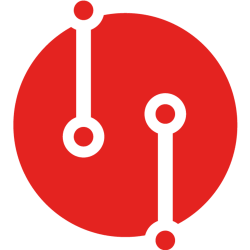



 The Indian Institute of Information Technology (IIIT), represented by Dr. Hrishikesh Venkataraman and Dr. Raja Vara Prasad, is an international collaborator of the London Digital Twin Research Centre (LDTRC). The research conducted in Sri City, India, aims to support and drive forward the advancements in our Digital Twin for Industry 4.0 project, with an extended focus on anomaly detection mechanisms that can be integrated in the Digital Twin for manufacturing processes.
The Indian Institute of Information Technology (IIIT), represented by Dr. Hrishikesh Venkataraman and Dr. Raja Vara Prasad, is an international collaborator of the London Digital Twin Research Centre (LDTRC). The research conducted in Sri City, India, aims to support and drive forward the advancements in our Digital Twin for Industry 4.0 project, with an extended focus on anomaly detection mechanisms that can be integrated in the Digital Twin for manufacturing processes.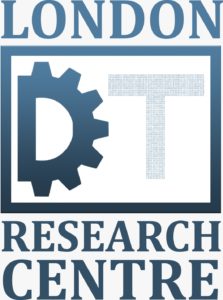 London Digital Twin Research Centre (LDTRC) has joined 130+ leading industry and academic organisations from all over the world as a full member of the Digital Twin Consortium (
London Digital Twin Research Centre (LDTRC) has joined 130+ leading industry and academic organisations from all over the world as a full member of the Digital Twin Consortium (


 universities under the COVID-19 situation and how digital twin technology can have an impact
universities under the COVID-19 situation and how digital twin technology can have an impact